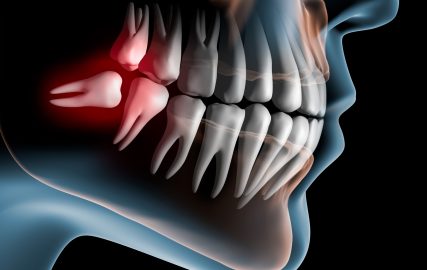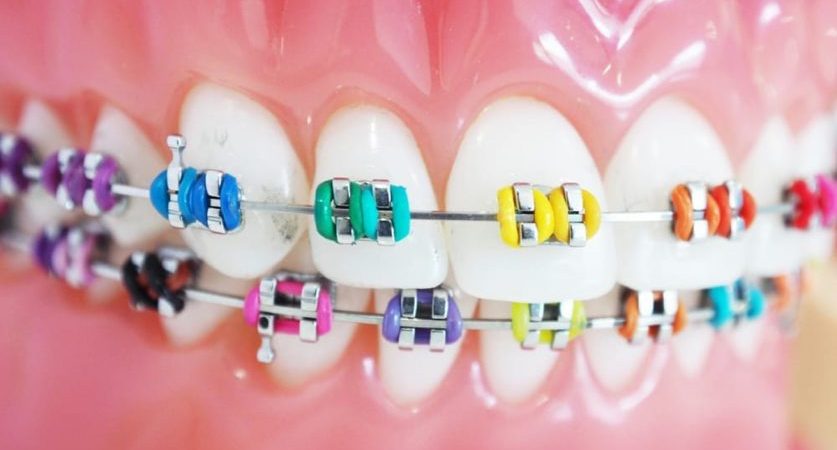Blog Information
- Posted By : blogging palace
- Posted On : Apr 22, 2023
- Views : 278
- Category : General
- Description : Orthodontic appliances such as braces are commonly used to adjust the position of teeth and jaws. They work by applying pressure to gradually move the teeth and jaw into new positions. In this process, a small flexible band called a ligature is used to hold the archwire inside the arch. However, in some cases, a power chain may be used instead of individual ligatures. If you are considering orthodontic treatment, you may wonder what power chains are and how they work. The blogging palace offers this article on the benefits and risks of using power chains in orthodontics.
Overview
Orthodontic appliances such as braces are commonly used to adjust the position of teeth and jaws. They work by applying pressure to gradually move the teeth and jaw into new positions. In this process, a small flexible band called a ligature is used to hold the archwire inside the arch. However, in some cases, a power chain may be used instead of individual ligatures. If you are considering orthodontic treatment, you may wonder what power chains are and how they work. The blogging palace offers this article on the benefits and risks of using power chains in orthodontics.

Let’s start with what are power chains for braces. A power chain is a chain with many flexible links connected to each other. It is applied to the arch to replace individual ligatures and allows multiple arches to be joined together. The power chain also comes in a wide variety of colors, as do the individual ligatures.
Benefits of Power Chains
Flexibility– Orthodontists can use them for various therapeutic tasks, such as closing spaces between teeth after tooth extraction, improving distance between teeth, rotting teeth, and midline correction. Power chains can be used in combination with clamps and other orthodontic appliances to meet the different treatment needs in different areas of the mouth.
Strength– They are stronger than individual ligatures, and orthodontists can use them to apply more force to the area when needed. Power chains are easy to apply, and the orthodontist can replace individual ligatures with power chains without any hassle.
Wide range of colors: Power chains also come in a wide variety of colors, making them a popular choice among younger patients who want to add color to their braces. Go online to read about braces colors that make your teeth look whiter.

Risks and Side Effects of Power Chains
While power chains have several benefits, they also come with risks and side effects. One of the significant risks associated with power chains is that their power decreases with time. Several factors can contribute to this, such as the type of chain, the material it is made of, movement due to chewing food, and environmental factors in the mouth, such as temperature, humidity, and contact with saliva. As a result, orthodontists need to replace power chains periodically during follow-up appointments.
In rare cases, power chains can cause damage to the teeth and gums. The pressure exerted by the power chains can cause the roots of the teeth to weaken or become damaged. The gums may also become inflamed or infected if the power chains are not placed correctly.
Do you want to know about nikkicatsouras accident, go online and read online blogs.
Conclusion
Power chains are a valuable addition to traditional braces and can help improve the effectiveness of orthodontic treatments. They are flexible, easy to apply, and come in a variety of colors. However, they also come with risks and side effects, such as discomfort, pain, and potential damage to teeth and gums. If you are considering orthodontic treatment with power chains, discussing the benefits and risks with your orthodontist is essential to make an informed decision about your dental health.
